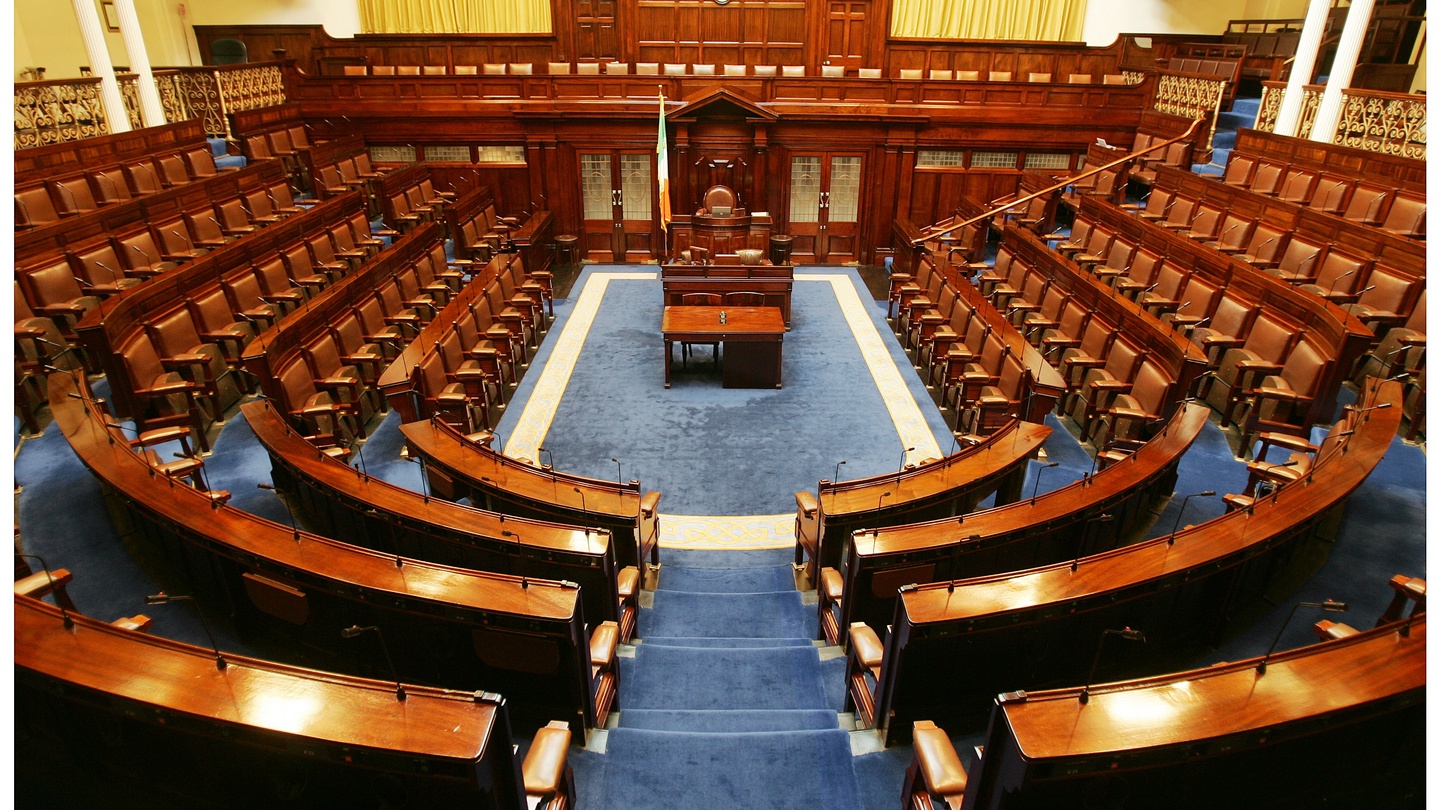A new report by the Open Government Partnership (OGP) on the Irish Government’s transparency has found no progress in anti-corruption measures or climate policy development. Raj Chari, a Professor of Political Science in Trinity, conducted the report and presented his findings at a launch in Trinity’s Atrium. The report also found significant progress made in regulating charities.
Developed as part of Ireland’s second National Action Plan, 2016-2018, to encourage civic participation and transparency, the report’s main findings include little or no progress in strengthening anti-corruption powers and highlighted the failure by the Government to introduce conflict of interest measures providing for a new ethics regime. The need for a new ethics regime to identify, manage and disclose potential conflicts of interest in the public sector was highlighted in the report and concluded that the Government’s commitment to open governance and transparency was lacking.
A second important finding included the failure to demonstrate transparent climate policy development or improve the transparency of government service providers and introduce modern document management procedures. The report, however, did praise the investments in data infrastructure to provide higher quality open data and the substantial progress made in developing a Code of Practice for the Governance of Charities.
Professor Chari’s report highlighted the need for more awareness-raising among citizens to strengthen participation in the OGP process and the formalisation of permanent dialogue forums. Speaking about the report, Chari said: “While development of the action plan involved civil society proposals, the state decided on the final commitments, and the implementation lacked regular consultation. Moving forward, the Government could establish a multi-stakeholder forum to consolidate civil society interests during the development of the next action plan, and establish an Independent Review Group to ensure consultation during implementation.”
Ireland began its formal participation in OGP in May 2013, when the Department of Public Expenditure and Reform (DPER) introduced Ireland’s first National Action Plan, 2014-16.
Based in Washington DC, the OGP covers 75 countries and was launched in 2011. It’s steering committee is made up of government representatives drawn from these countries and aims to secure commitments from governments to their citizenry to foster transparency, increase civic participation, fight corruption, and promote new technologies to strengthen governance.







